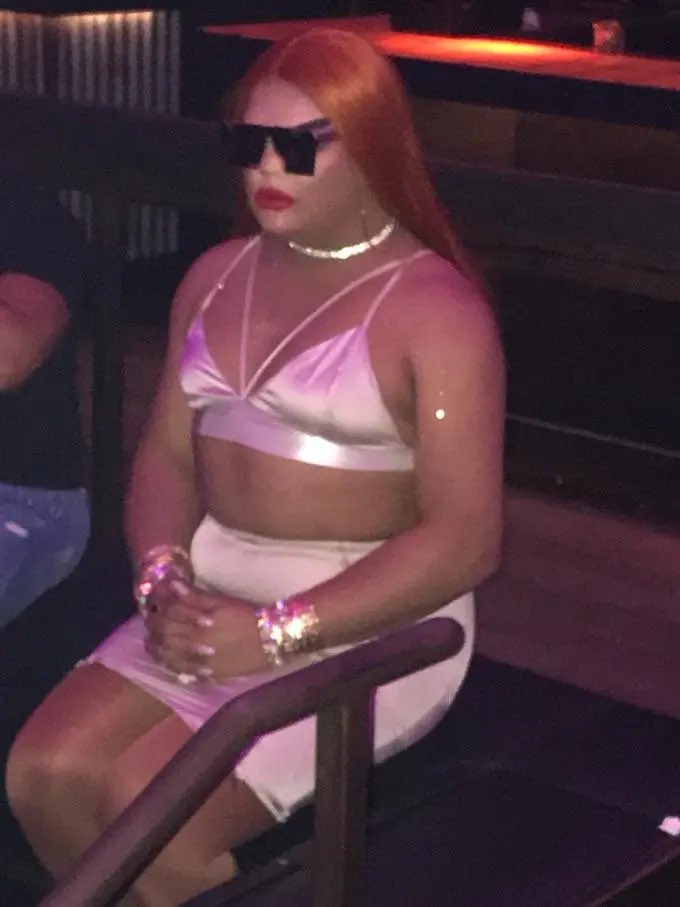QUEER: Unveiling the Spectrum
Queer(ness): Definitions and Meanings

Queer /kwir/
“Queer” was first used to refer to things “strange, odd, or peculiar”. A new definition of queer arose in the United States, used primarily to insult and degrade individuals who were part of the homosexual and LGBTQ+ community. However, with the rise of LGBTQ+ activism, the community reappropriated the term to a positive umbrella term used to categorize people whose sexual or gender identity does not fit into the stereotypical heterosexual standard.
History and Background:
Queer is believed to either originate from the German word quer, meaning “oblique or transverse” or the Latin root torquere, meaning “to twist or wrench away”. Both words are associated with diverging or straying, alluding to the historical connotation of queer referring to those deviating from the conventional standard.

The existence of queerness can be traced back to Ancient Greece, where relationships between people of the same sex were acknowledged and somewhat accepted within society. The concept of homophobia arose as a social phenomenon in the late nineteenth century along with the idea of sexual pathology, the concept that homosexuality is a mental disorder that can be treated. The derogatory use of the word queer developed not long after, used to target members of the LGBTQ+ community, specifically gay men, to isolate them from the rest of society.
Queer was later reclaimed by the community during the start of the Gay Rights Movement into an umbrella term referring to individuals with fluid sexualities and genders.
Examples and References of Queerness:
Literature:
On Earth We’re Briefly Gorgeous– Ocean Vuong

Ocean Vuong, a queer poet, portrays the strenuous journey of self-discovery through the eyes of a queer protagonist living in the 1990s. The novel delves into the societal pressures and discrimination against individuals part of the LGBTQ community whilst exploring the complexities of sexual orientation.
Film:
Brokeback Mountain-Ang Lee

Brokeback Mountain, a critically acclaimed film, is considered to be one of the most groundbreaking advancements in queer portrayal in cinema. The movie centers around the relationship between the two queer main characters within a heteronormative society. Brokeback Mountain was one of the first “mainstream” movies to display complex and unstereotypical queer characters, challenging preexisting notions regarding representation of the queer community.
Art:
Self Portrait– Claude Cahun

Claude Cahun,a French artist and photographer, explores queerness, gender fluidity, and identity in their work, Self Portrait. In it, they display both hypermasculine and hyperfeminine traits to blur the lines between masculine and feminine binaries.
Controversies- Representation and Usage:
Representation:
With the development of mainstream queer representation in media, a generic, “token” queer character and only existing to fulfill the “woke” diversity requirement has risen. This two-dimensional characterization, usually with their identity centered only around their sexual orientation, creates an ingenuine, scripted version of queer characters that can result in affirming harmful stereotypes. Media comes full circle, even after significant progress has been made regarding homophobia and inclusion, this forced characterization of queer representation limits the diversity of LGBTQ+ perspectives and stories while causing more discrimination and prejudice within society.
Usage:
For many individuals from older generations, “queer” holds a negative connotation and is associated as a slur due to its offensive historical usage. Because of individual experiences and perspectives, queer as an inclusive term most likely cannot be universally accepted.
Works Cited:
Gutowitz, Jill. “Tell Queer Stories Instead of Focusing on Queer Characters.” Time, 7 Mar. 2022, time.com/6155025/queer-characters-tv-euphoria-yellowjackets/.
Krafft-Ebing, R. V., and Georges Bataille. Psychopathia Sexualis. Matthes & Seitz Verlag, 1984.
Queer, Adj.2 & n.1 Meanings, Etymology and More | Oxford English Dictionary, http://www.oed.com/dictionary/queer_adj2?tab=meaning_and_use
Cheves, Alexander. “9 LGBTQ+ People Explain How They Love, Hate, and Understand the Word ‘Queer.’” Them, 14 June 2023, www.them.us/story/what-does-queer-mean.
